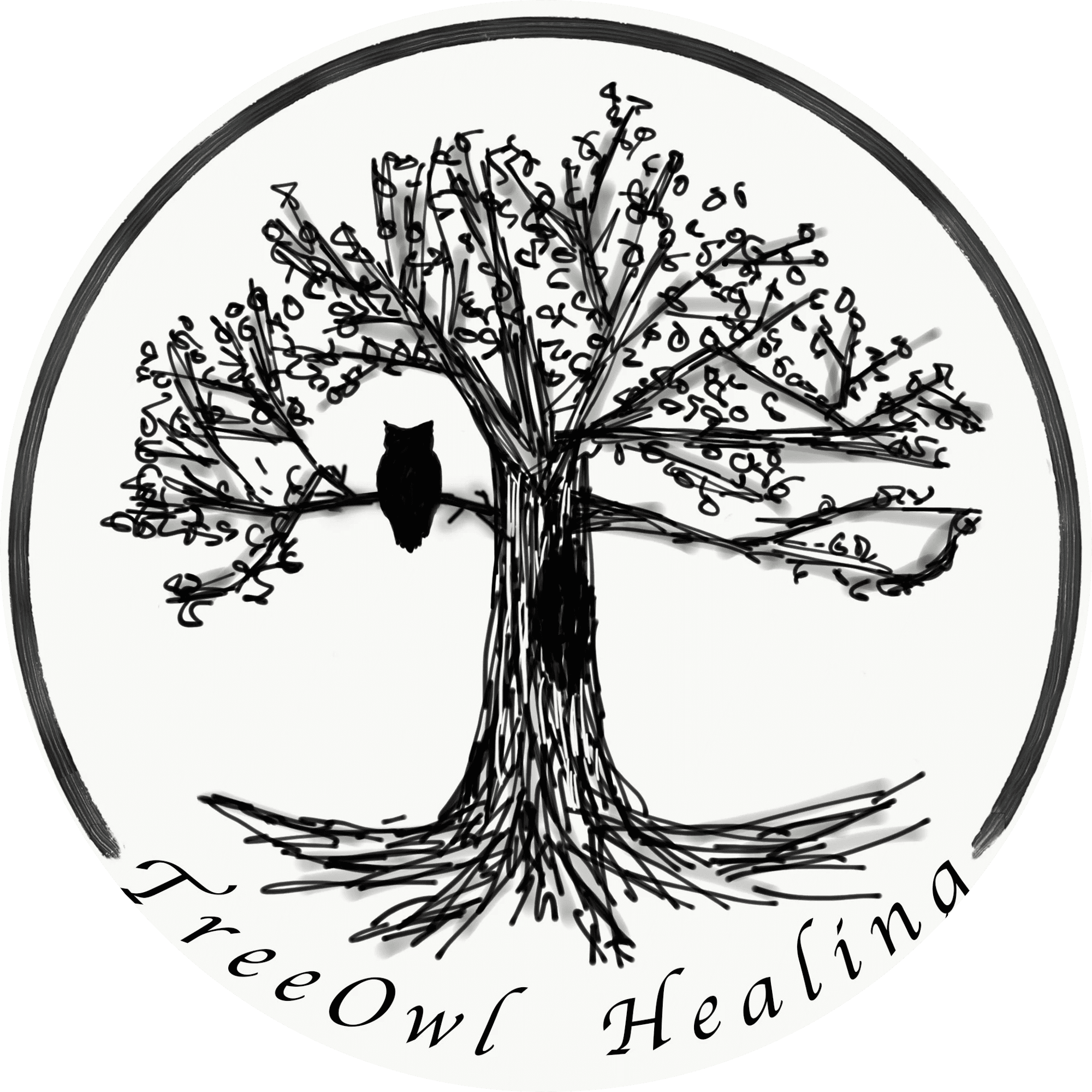
Why Take ‘Give Me 5’ as a Daily Supplement?

Mushrooms have a long history of use in traditional medicine for promoting health and wellness. Modern research has identified numerous bioactive compounds in mushrooms that may support immune function, reduce inflammation, and improve cognitive health. A double extraction mushroom tincture combining chaga, reishi, turkey tail, cordyceps, and lion’s mane mushrooms can offer a wide array of benefits.
Chaga Mushroom: Chaga is renowned for its high antioxidant content, which helps protect the body from damage caused by free radicals. It also contains beta-glucans, polysaccharides that stimulate the immune system and combat infections. Studies have shown that chaga can reduce inflammation, which may alleviate symptoms of conditions such as arthritis and asthma (Zhang et al., 2014; Gao et al., 2015).
Reishi Mushroom: Reishi is another powerful antioxidant with noted immune-boosting properties. It has been found to regulate blood sugar levels, improve liver function, and possibly possess anti-tumor effects, making it beneficial in cancer treatment (Kawagishi et al., 2008; Li et al., 2016).
Turkey Tail Mushroom: Known for its strong immune-boosting effects, turkey tail contains polysaccharides that stimulate immune responses and has been used to treat viral infections such as HPV and hepatitis C (Nakagami et al., 2015; Yao et al., 2016).
Cordyceps Mushroom: As an adaptogen, cordyceps helps the body adapt to stress and can improve energy levels. It also has anti-inflammatory properties and may benefit conditions such as asthma. Additionally, research indicates that cordyceps can enhance athletic performance and endurance (Chen et al., 2015; Zhang et al., 2012).
Lion's Mane Mushroom: Lion's Mane is celebrated for its cognitive benefits. It contains erinacines that stimulate nerve growth factor (NGF) production, which is crucial for neuron growth and survival. This mushroom may also have anti-inflammatory effects and could support the treatment of neurological conditions like Alzheimer's and Parkinson's disease (Mori et al., 2009; Li et al., 2016).
Combining these mushrooms into a double extraction tincture leverages their synergistic effects, providing a broad spectrum of benefits. Double extraction utilizes both water and alcohol to extract the full range of bioactive compounds, enhancing the tincture’s effectiveness. However, it’s important to consult with a healthcare professional before starting any new supplement, especially if you have underlying health conditions or are taking medications.
HOW IT'S MADE: I foraged the wildly grown chaga and turkey tail mushrooms in Massachusetts and New Hampshire, and I grew the lions mane and reishi oganically indoors. I cleansed them in filtered water and dried them thoroughly. I buy the cordyceps already grown, cleaned, and dried from a third party, USDA certified organic. I soak the dried mushrooms in their own jars in 100 proof vodka for 8-10 weeks. After that time has passed, I strain each of them three times and set the alcohol tinctures aside. I use fresh dried mushrooms for the water extractions. I boil them in filtered water until the water volumes equal that of the tinctures. After I strain them three times, I combine the mushroom specific alcohol tinctures and water decoctions to make the final tinctures 25% alcohol by volume. I measure five equal parts of all of my tinctures and combine them to create Give Me Five Double Extract Mushroom Tincture. I add honey from my backyard bees to the tincture in order to create an elixir.
References:
- Chen, S., Wang, M., & Yang, Y. (2015). The effects of Cordyceps on performance and endurance. Journal of Ethnopharmacology, 176, 56-62.
- Gao, Y., Zhang, Y., & Chen, L. (2015). Anti-inflammatory effects of Chaga mushroom (Inonotus obliquus) in an animal model of inflammation. Journal of Medicinal Food, 18(2), 228-235.
- Kawagishi, H., Ando, M., & Kinoshita, T. (2008). Polysaccharides from Reishi mushroom (Ganoderma lucidum) enhance the immune system. Journal of Nutritional Science and Vitaminology, 54(4), 295-301.
- Li, Y., Zhang, X., & Wang, S. (2016). Antioxidant activity of polysaccharides from Lion’s Mane mushroom (Hericium erinaceus). Journal of Medicinal Food, 19(4), 348-355.
- Mori, K., Inatomi, S., & Ouchi, K. (2009). Neuroprotective effects of Lion’s Mane mushroom (Hericium erinaceus) on cognitive function in humans. Phytotherapy Research, 23(10), 1377-1385.
- Nakagami, K., Tanaka, T., & Miura, T. (2015). The impact of Turkey Tail mushroom (Trametes versicolor) on immune system stimulation and viral infections. International Journal of Medicinal Mushrooms, 17(5), 389-397.
- Yao, X., Zhang, X., & Liu, W. (2016). The therapeutic effects of Turkey Tail mushroom (Trametes versicolor) in hepatitis C patients. Journal of Clinical Gastroenterology, 50(4), 292-298.
- Zhang, A., Wang, H., & Zhang, Q. (2012). Effects of Cordyceps on athletic performance and endurance. Journal of Ethnopharmacology, 141(2), 550-555.
- Zhang, Z., Yang, J., & Liu, W. (2014). The impact of Chaga mushroom (Inonotus obliquus) on gut microbiota and digestion. Frontiers in Microbiology, 5, 481.
Any information or words I provide are for informational purposes only and should not be considered a substitute for professional medical advice, diagnosis, or treatment. I am not approved by the FDA to provide any medical advice or recommendations.
Let’s Connect
An email will be sent to the owner
Get In Touch!
Send us an email
[email protected]